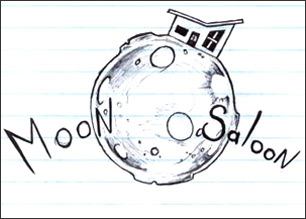Judd Weiss is running as Libertarian Vice-President with John McAfee, and he sat down with Brian Engelman at his home for a chat.
Judd and Dean Ryan were hosting a fundraising event for Elvis Summers who is building “Tiny Houses For The Homeless”, and you can donate land, or contribute cash at: www.Mythpla.Org
For more information on the John McAfee / Judd Weiss campaign, visit: www.BeALibertarian.com
Please check out our home page: www.TheNewAmericanMedia.com
Please follow us on Twitter @American_Media_
Please subscribe to this www.youtube.com/thenewamericanmedia page
Please like our Facebook page.
We’re also on Instagram, And Periscope so join us there too.



